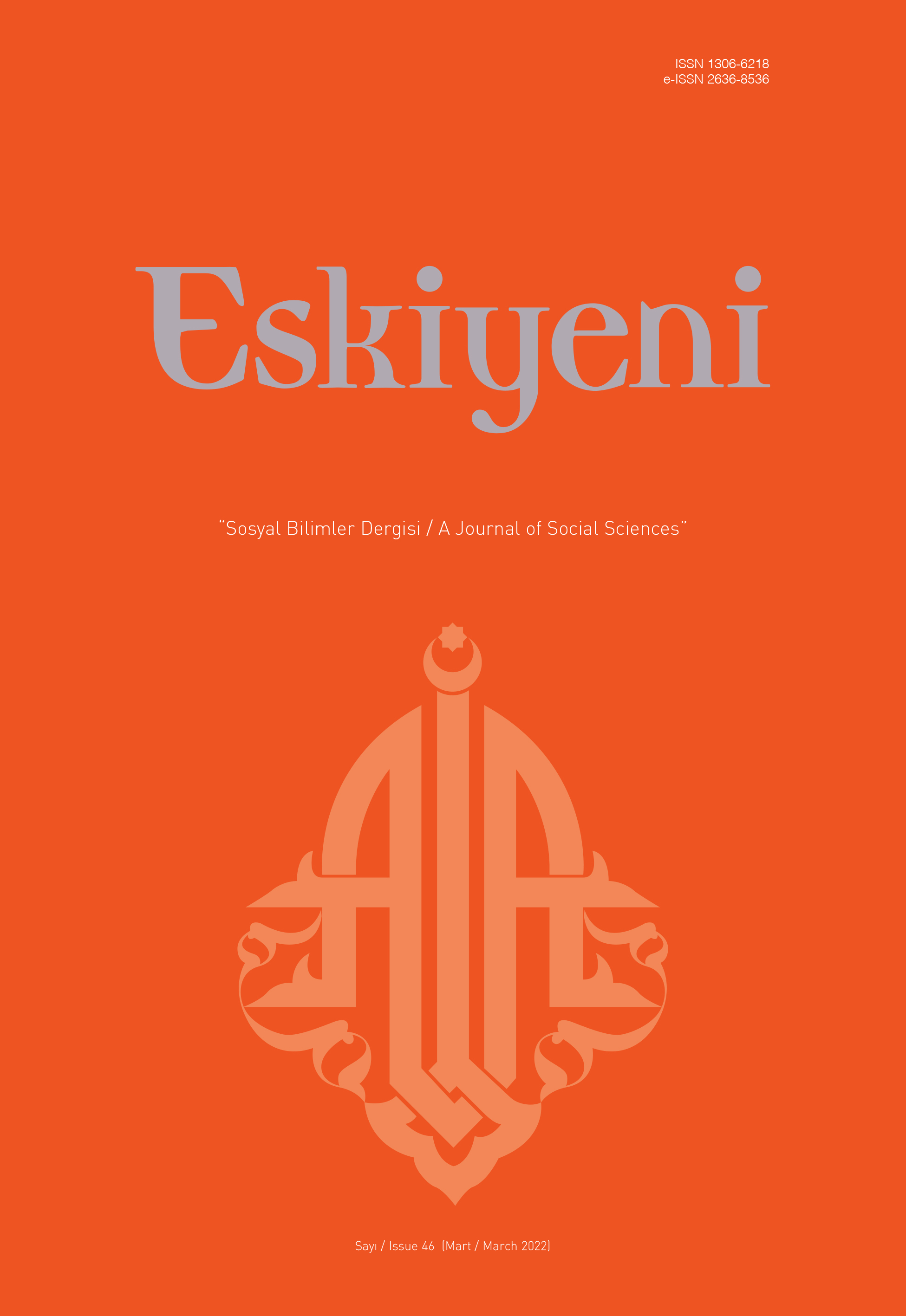Tel‘în İçerikli Bir Rivayetin Tahlili: Halîfe Mu‘tazıd-Billâh Örneği
An Analysis of the Narrative Containing Curse: The Case of Caliph al-Mu‘tadid Bi’llāh
Author(s): Mustafa TanrıverdiSubject(s): Politics / Political Sciences, Theology and Religion
Published by: Anadolu İlahiyat Akademisi
Keywords: Hadīth; Fabrication; Curse; Tarikh; ‘Abbāsids; Mu‘tadid Bi’llāh;
Summary/Abstract: When the historical background of curse expressions examined, these actions can be taken back to the early periods of Islamic History. It is not possible to date its beginnings precisely, but these expressions started with the political-theological split following the martyrdom of Uthmān (d. 35/656). Because the expressions of curse emerged after the Tahkīm (arbitration) with the Battle of Siffīn (37/657), which took place between Alī (d. 40/661) and Mu‘āwiya (d. 60/680) and caused political divisions. Afterwards, it is understood that curses were used from time to time for various reasons, both in the Umayyads and the ‘Abbāsid period. This situation is closely related to the phenomenon of fabrication in terms of turning the curses targeting certain individuals and groups for political purposes into narratives. So much so that since the early periods of Islamic History, hadiths were fabricated for many reasons and the religious authority of the Prophet (pbuh) was abused. The fabricated (mawdu‘) hadīth is a word or an act that is fudged and attributed to Prophet. The fabrication phenomenon, which started with fitna (disturbance), gained momentum with the political disintegration of the Muslim community. Beside, the Umayyad-‘Abbāsid conflict has led to the creation of fabricated hadiths for political reasons many times in history. Because the phenomenon, which was initiated in favor of the Umayyads, especially about Mu‘āwiya, was continued for the same purpose during the ‘Abbāsid period, and some ‘Abbāsid caliphs such as Saffāh, Mansūr and Mahdī were praised as if Prophet (pbuh) had said. The conflict became a political attitude in which fabricated hadiths were introduced during these periods, and in this direction, the parties circulated some narratives containing glorification or insult towards certain individuals or groups, for and against their own political purposes. An extraordinary example of this situation is that fabricated narrations was turned into a curse declaration by the order of an ‘Abbāsid caliph himself. As a matter of fact, Mu‘tadid Bi’llāh (279/892-289/902), with a radical decision in the last period of his caliphate, ordered a cursed sermon (khutbah) to be delivered on the pulpits (minbar) on fridays against Mu‘āwiya and the Umayyads. Accordingly, in the text prepared by the order of the Caliph himself, some narrations as well as various verses were associated with the Umayyad dynasty and their prominent political representatives. The caliph brought up a narration that the Prophet cursed Abū Sufyān (d. 31/651) and his sons Mu‘āwiya and Yazīd (d. 18/639) and made comments in this manner by breaking some verses (such as Sūra al-Isrā’ 17/60) out of context. In this article, an attempt to abuse the religious authority of the Prophet for the sake of political gain, in particular, the Umayyad-‘Abbāsid conflict, is examined through the fabricated hadīth phenomenon. In addition, the isnād and text analysis of the narration, which forms the basis of Mu‘tadid Bi’llāh’s political attitude, are examined.
Journal: Eskiyeni
- Issue Year: 2022
- Issue No: 46
- Page Range: 269-303
- Page Count: 35
- Language: Turkish

